Fiction offers readers the opportunity to experience worlds and lives they may not be able to—or even wish to—experience in real life. This applies to works of realism as much as fantasy or historical fiction. And the books that explore unconventional topics and themes can subvert social expectations and provide your book club with exciting and unusual material, so you're guaranteed to have a great book club discussion.
Looking for a great group pick that pushes boundaries? To help you out, we’ve made a list of books that explore this theme—along with a quote, so you get a taste of how it reads.
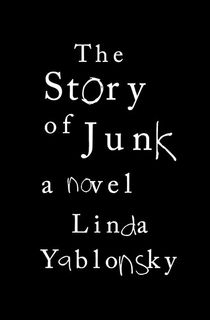
The Story of Junk
In another room off the kitchen, the tiny room that is my office, several grams of Pakistani brown, brought by the regular mailman, are sitting on a table-shelf in front of a scale. I’d been waiting for one of my better customers. Was he the rat? That one? You can never trust a junkie. I should have known.
Witty, terrifying, and utterly cool, Yablonsky’s roman à clef is a searing, hyperreal account of the heroin underground in 1980s Manhattan. Library Journal compared the novel to “a grisly car accident that you can’t tear your eyes from.”
Related: What 10 Modern Classic Books About Drugs Are Really Trying to Say

Other Men's Daughters
Walking with Cynthia stirred Merriwether, not to ancestor-worship—for, moralist, as well as physiologist, he knew neither physiology nor morality had altered in the human centuries. Give or take a few gestures, a few resolves, heroic times differed little from others, and heroes hardly at all.
A novel about a married, middle-aged Harvard physiologist who falls in love with twenty year old, Other Men’s Daughters earned this praise from Philip Roth: “It is as if Chekhov had written Lolita.”
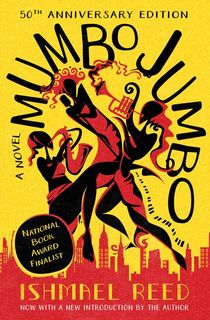
Mumbo Jumbo
We got reports from down here that people were doing ‘stupid sensual things,’ were in a state of ‘uncontrollable frenzy,’ were wriggling like fish, doing something called the ‘Eagle Rock’ and the ‘Sassy Bump’; were cutting a mean ‘Mooche,’ and ‘lusting after relevance.’
Ishmael Reed’s inspired fable of the ragtime era, in which a social movement threatens to suppress the spread of black culture — hailed by Harold Bloom as one of the five hundred greatest books of the Western canon.
Related: Why Ishmael Reed Is The Author You Should Be Reading Right Now
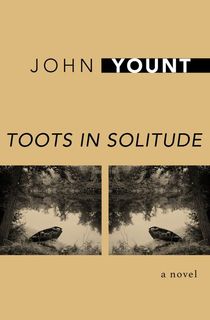
Toots in Solitude
Well, she wouldn’t be taken unaware, she told herself. She’d fight. Sally Ann Shaw was not ready yet, no matter how bad things looked, to kiss her ass good-bye and good riddance.
Sally Ann Shaw is an aspiring country singer with a briefcase full of stolen drug money and a pair of hired thugs in hot pursuit. She takes refuge with the hermit Toots—his tree house is the perfect hiding place, but in such close quarters, Toots and Sally Ann have more than gangsters to fear. The New York Times calls it, “A Country and Western song fleshed out and made into an ironic comedy.”
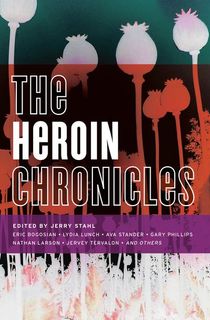
The Heroin Chronicles
Somewhere, a long time ago, I wrote: All my heroes were junkies. (Hey, you pick your cliché and you run with it. That’s half of life.)
Heroin has long been understood as the most “literary” of narcotics, and this collection features stories by thirteen writers who explore it in fiction. “Those who partake of the sacred flower are forever changed, but the price of paradise is often steep: overdose, hepatitis C, degradation, self-destruction,” writes Publishers Weekly. “Stahl . . . himself a recovering addict with long-term sobriety, has assembled an impressive array of writers to create this ‘encyclopedia of bad behavior.'”
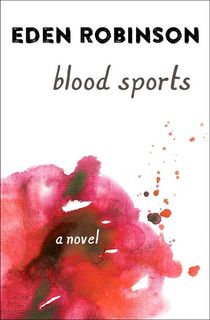
Blood Sports
He worried, though. You heard so many rumours. People disappeared down here all the time. Besides the obvious OD’S and muggings gone wrong, you could die for the dumbest reasons. Go to the wrong party. Stand under the wrong window. Have the wrong colour hair. He jerked awake, realizing he’d missed his stop.
The Downtown Eastside in Vancouver, Canada, is about as close to urban hell as you can get in the Western Hemisphere. Yet in this cauldron of drugs, shattered dreams, and extreme violence, Tom Bauer and his girlfriend, Paulie—both ex-junkies and parents of baby Melody—are trying to make a life for themselves. CBC Arts Online says: “Robinson is Poe on smack.”
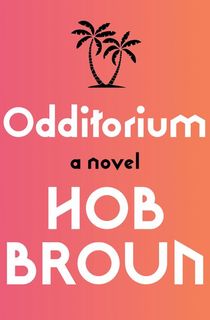
Odditorium
Karl Gables did not know the time of day. His liver worked feverishly to oxidize the last transfusion of Night Train Express while the bubblegum taste went sour in his mouth.
A pro softball player, an alcoholic husband, a drug deal out of town, and buried treasure all inhabit this postmodern novel from Hob Broun. Formally daring and full of jolts of the unexpected, Odditorium is an addictive romp through shady realms.
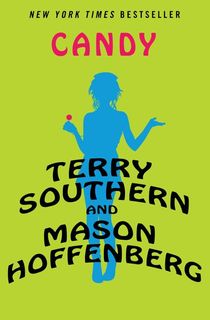
Candy
To give of oneself—fully—is not merely a duty prescribed by an outmoded superstition, it is a beautiful and thrilling privilege.
When Candy was published, Life magazine declared: “Sex in America, after [Candy], will never be the same.” This sensational parody of Voltaire’s Candidewas banned in France and went on to become one of the bestselling novels of 1960s America.
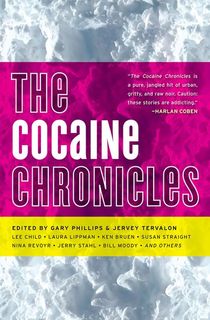
The Cocaine Chronicles
For both of us it goes on like this for the better part of two days, our sweating and shaking, passing in and out of consciousness. It’s a rebellion of the body crying out for the drug it’s been trained to need. The heart pounds.
Nothing to snort at, this ambitious anthology of jaw-grinding criminal behavior is masterfully curated. The collection of original short stories is funny and harrowing, sad and scary, but at all times riveting. The Cocaine Chronicles contains tough tales by a cross-section of today’s most thought-provoking writers.
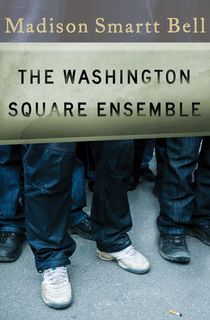
The Washington Square Ensemble
I am a businessman, and I am not in the entertainment business. I sell pharmaceuticals, and I have four retailers working nights in the park.
Madison Smartt Bell’s debut novel is a story of drifters, outcasts, junkies, and dealers surviving in the heart of 1980s New York City. The Los Angeles Herald Examiner, called the ensemble “The most exotic bunch of sweet characters since some of Jack Kerouac’s ‘holy angels’ first came alive in print.”
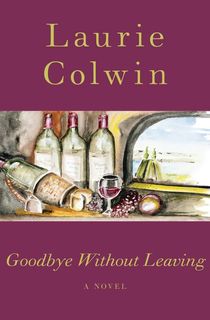
Goodbye Without Leaving
During my career as a backup singer with Vernon and Ruby Shakely and the Shakettes, it often occurred to me that this was not a lifetime occupation and that someday I would have to figure out my rightful place in society.
This is an insightful story of a woman trying to reconcile her rock-and-roll past with her respectable present. It raises the question: Once you’ve tasted your dream, will anything else measure up?
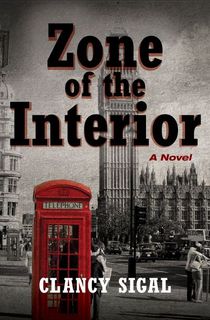
Zone of the Interior
He fired me when I started doing handstands on his desk under the influence. Also LSD wasn’t helping my theatre reviews for the New Statesman and Vogue. I wept and sobbed in all the wrong places and laughed uproariously in the middle of Ralph Richardson’s big speeches.
Zone of the Interior is a riotously funny saga of institutional insanity, based on the author’s association wiath the notorious psychiatrist R. D. Laing. Desperate to straighten out his life, a writer seeks the help of an experimental psychiatrist whose therapeutic methods involve hallucinatory drugs such as LSD and trading places with his patients. Sigal launches readers on a sardonic, rambling journey through a fantastic breed of insanity.
